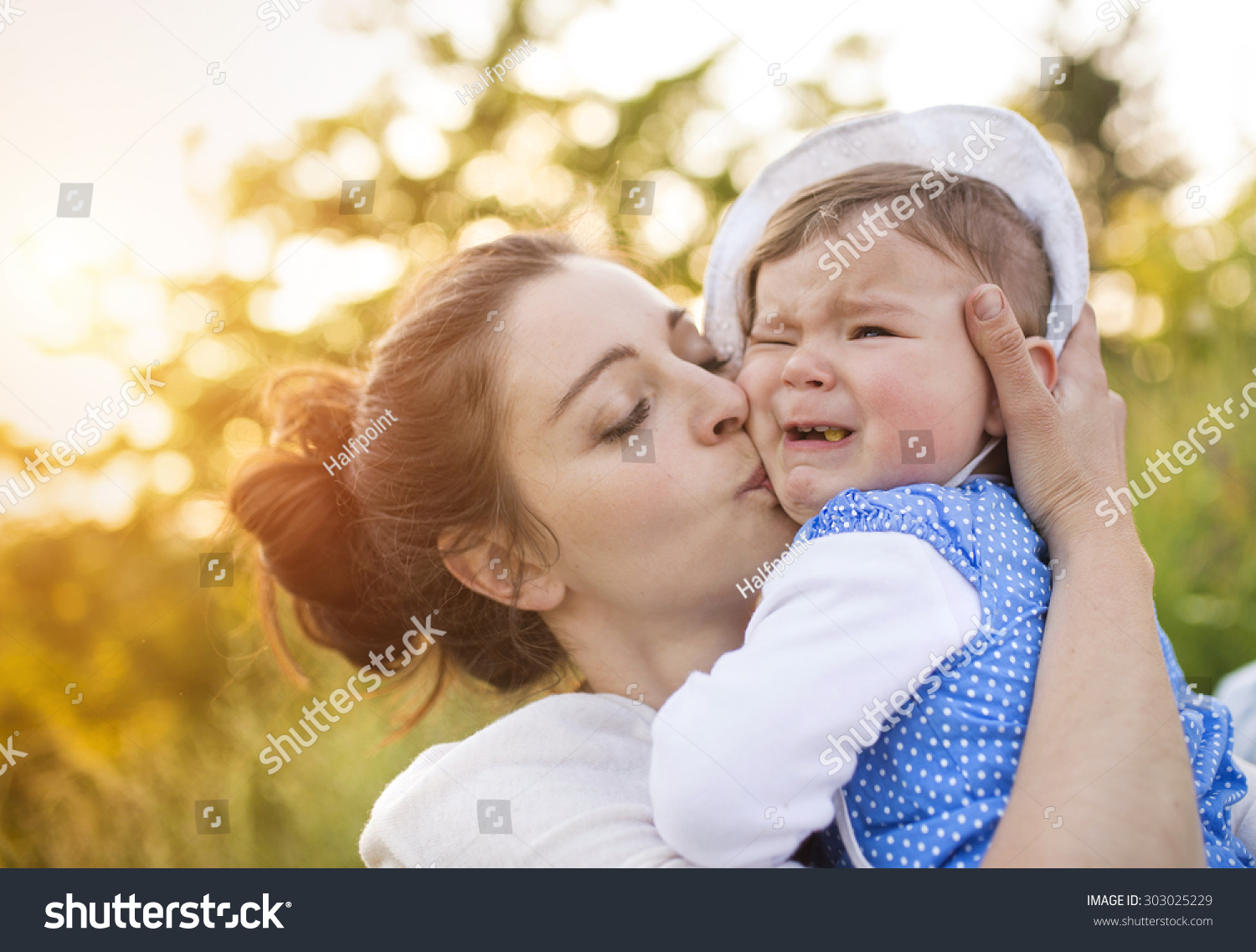“So may your river never dry
And may your mouth never lie
And may you be satisfied to never know why
Sometimes someone just wants to die”
– Damien Rice, “Lonely Soldier”
It’s a well-documented fact that cases of depression, anxiety, and other mental illnesses are on the rise – hardly surprising, given the very general, very all-encompassing clusterfuck of current affairs. People – young people in particular – have been instilled with a very legitimate sense of anxiety and responsibility for the future of our planet, seemingly bombarded with new crises on the daily. Environmental, political, economic, racial, virulent: you name it, we have it. Taking this into consideration, it’s almost a good sign that people are feeling the effects: if everyone was still happy-go-lucky we’d probably have to move “blissfully ignorant and dangerously uncomprehending society” to the top of the list.
You could argue that the rise in statistics is also a reflection of the rise in awareness, a diminishing of the stigmata which have surrounded mental health issues for so long. Society is less hesitant to acknowledge or label the reality of depression. People are recognizing and addressing the signs and symptoms more readily, both in themselves and in others. All of which has amounted to some profoundly positive changes, the fight against depression making leaps and bounds of progress all within the span of a decade. Unfortunately, as has been proven time and time again, humankind has a tendency to take new things and run with them – and then keep running.
Dark humour is far from a new discovery, but it is one which has found new life and popularity among the mid-lower range of the Earth’s age spectrum (I keep trying to say ‘young people’ without sounding like a middle-aged man, and I’m profoundly aware that I’m failing miserably). Partly as a coping mechanism, partly as an outlet through which to express feelings which might best-case result in extremely awkward conversations, worst-case have you locked up in a mental institution, and partly simply due to the fact that it’s downright hilarious. Any comedian can testify not just to the power of shock value but the medium through which conversation on otherwise uncomfortable and taboo subjects can be broached.
In addition to the resurging popularity of dark humour, there have also been more complex, less quantifiable cultural shifts in how mental illness is viewed. Cases of entertainment mediums being accused of trivializing, romanticizing, and even glorifying the struggle (one notable case being the controversy surrounding Netflix’s original series “TH1RTEEN R3ASONS WHY”). Ongoing distortions of the defining lines of mental illness on social media, with conditions being simultaneously normalized and generalized.
A sudden and dramatic shift in how mental illness is viewed, combined with a sudden and dramatic rise in cases of mental illness. Two storm fronts colliding. The result is one which we are still only now mapping out.
Consider for a moment how much of an impact mental illnesses already have on an individual’s sense of self. A condition whose very definition is centered around its influence of and on a person’s mental state, on their minds, on the neurological roadmap of their identity. Twisting their thoughts, their views, their feelings, the way they perceive themselves and the world around them. Now throw society’s opinions into the mix: the way people think mental illness should be treated, should be defined, should be handled. It’s the equivalent of throwing a brick into a washing machine already spinning out-of-control, trying desperately to maintain its own equilibrium.
The upsurge in mental illness is, in a lot of ways, like a snowball tumbling down a hill. The more it rolls the more it grows, and the more it grows the more momentum it picks up. Look again to the aforementioned TH1RTEEN R3EASONS WHY. A big part of the controversy surrounding this series was the fear that it would promote “suicide contagion”: a phenomenon that occurs when one case of suicide (primarily real-life, but in this case fictionalized) promotes and encourages a copycat cluster. Human beings are social creatures who look to one another for cues on how to act and react (adolescents in particular are a highly suggestible group), and sadness has always been a highly contagious emotion (a profound tragedy rarely impacts just one person, and every person who’s been impacted inevitably ends up in their own depressive state, in turn making everyone they know feel the effects – even if they weren’t initially impacted. It’s like one long, complicated game of depressive telephone that just keeps growing).
So with cases of mental illness rising all around the globe, it makes sense that cases would (again) continue to rise in response. A snowball, continuously gaining momentum, continuously gaining mass. One could argue that the rise is at least partly to thank for the fact that society has finally been forced to address the issue head-on, but the flip-side is that this has occurred at a time when what is needed is a careful, precise response; not that of a first-time/simultaneously last-resort flurry of activity and noise. Because that’s what we’ve seen: a whole lot of noise. All the while people are seeing the rise and asking themselves if perhaps they might not have mental illnesses themselves, stepping into a world of confusion and chaos, of blurred lines and almost overeager acceptance and promotion of mental illness. We’re so terrified of discrediting or denouncing anyone’s feelings, of coming off as insensitive or blind to their struggles, that EVERYONE gets a “Mentally Ill & Proud of It” badge and an “I have a mental illness and all I got was this stupid t-shirt” tee. Because who are we to say different? Who are we to say “no, you’re not suffering from a mental illness, you’re just the regular type of sad, the regular type of scared or anxious or confused, the regular amount of thrown-off by the current state of the world”?
And the snowball rolls on.
In today’s culture it’s almost a badge of pride to say that you’re suffering from one illness or another. Everyone needs a cross to bear, it seems. Everyone is struggling, and it’s not enough that it’s just the “regular” degree of struggling anymore. There’s been a promotion of this idea that we’re all in this together, that we’re all depressed and anxious together. It’s become an aesthetic, a cute little crutch, sometimes a scapegoat, sometimes a pass to feel included or to feel elevated.
For those afflicted, the desire to glorify the condition is a coping mechanism that numbs us to just how dangerous it really is. For those simply masquerading (whether consciously or simply because they are misinformed and uncertain) it is a mirage that promotes a deadly lie, that promotes more confusion, more questions, more turmoil.
Being depressed doesn’t make you an interesting person. It’s not a substitute for or an aspect of your personality. It doesn’t make you seem cool, or mysterious, or complex, or mature. It’s not an accessory to wear along with black clothing and piercings, and it sure as hell isn’t something to be proud of. There should be no shame in it, and there should be no stigma around it, but that doesn’t mean it’s something to embrace. This isn’t like the struggle against homophobia, for fuck’s sake. This is a disease.
Not being ashamed of something is not the same as being proud of it, and no one should ever revel in having a mental illness – far less those who don’t actually have them. It’s not something to glorify or trivialize. It is a dire plight, and the magnitude of its dangers should not be diluted by those simply looking for a personality crutch, for a chance to fit in, or the age-old need for attention.
Depression isn’t a fad. It’s not trendy to cut yourself to seem like you’re a profound or tortured individual, it’s not hip to feign suicidal for attention or the validation of your own feelings. Mental illness is not something to be romanticized. There is nothing romantic in lying in bed for days on end, starving yourself, unable to even sum up the energy to shower or go out. There is nothing romantic in pushing away the ones who love and care about you, in punishing your friends until they finally give up trying. There is nothing romantic in believing with all your heart the depth of your own worthlessness, in knowing the world would be better off without you if you could just sum up the courage to finally kill yourself you cowardly piece of shit you unlovable waste of human life–
There is nothing romantic in it.
And I know that, because I’ve succumbed to the temptation before. There’s been many a time when I’ve tried to convince myself that there was some hidden beauty in the way I was feeling, that there was something I could see that other people couldn’t, that there was something romantic about it all. It’s a seductive notion, and it took me a long time to realize just how dangerous it is, to see wherein its origins lie. It calls to us like a siren’s song, lulling us into a blissfully numb state of anesthesia with such tempting reassurances – it’s just the way I see the world, it’s a sign of intelligence, it’s a source of inspiration for my art – with ideas that we want to believe, that we have to believe, because otherwise we’re nothing more than sick and suffering individuals. And by the time we dash against the jagged rocks and see the sirens for what they are, see ourselves for what we are, it’s often far too late.
“Don’t get me wrong, the rise in awareness
Is beating a stigma that no longer scares us
But for sake of discussion, in spirit of fairness
Could we give this some room for a new point of view?
And could it be true that some could be tempted
To use this mistake as a form of aggression?
A form of succession?
A form of a weapon?
Thinking “I’ll teach them”
Well, I’m refusing the lesson
It won’t resonate in our minds
I’m not disrespecting what was left behind
Just pleading that it does not get glorified
Maybe we swap out what it is that we hold so high
Find your grandparents or someone of age
Pay some respects for the path that they paved
To life, they were dedicated
Now that should be celebrated”
– TWENTY ØNE PILØTS, “Neon Gravestones”




 T
T













